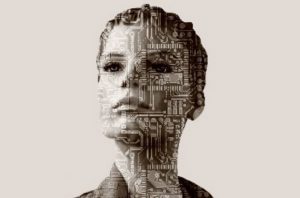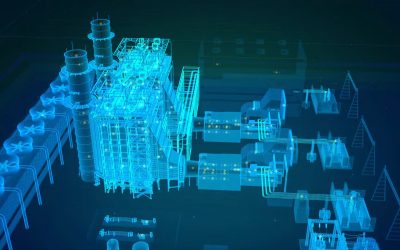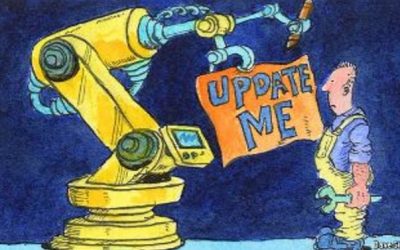When people think about the impact of artificial intelligence (AI) and machine learning on jobs, they usually think of manual jobs – fully automated production lines, driverless vehicles (taxis, trains, trucks, buses, etc), drone delivery services, etc. This type of thinking is far too narrow, however.
 The fact is machine learning and AI is going to impact industries and sectors in a much deeper way. Professions that many thought could only be done by humans will, in the foreseeable future, be done by machines. This is explored in an article in the Harvard Business Review by Megan Beck and Barry Libert.
The fact is machine learning and AI is going to impact industries and sectors in a much deeper way. Professions that many thought could only be done by humans will, in the foreseeable future, be done by machines. This is explored in an article in the Harvard Business Review by Megan Beck and Barry Libert.
The authors say machines will soon take over jobs like doctor, business consultant, stockbroker, and financial advisor. These jobs partly involve gathering and analysing data, interpreting the results, and then deciding on a course of action. Machines are getting better at this than humans: IBM’s Watson is already diagnosing medical cases. Of course, it’s early days, but this is the definite direction of travel.
Problems and Opportunities
This presents problems and opportunities for people in almost all professions. The main problem is they will lose their job to a machine because people cannot process the same amount of information that a machine can. A machine involved in the medicine, for example, can process every piece of published information (and every piece of machine-learned information) on a particular disease or condition. People simply can’t keep up with that sort of capacity, speed, and processing power.
What about the opportunities? This may seem like doom and gloom, particularly if you are involved in one of the cited professions (or any other that a machine can potentially perform better).
The opportunities lie in the tasks within these professions that machines struggle with. These are the tasks that involve empathy, understanding of personal circumstance, motivation, and other people skills.
Using the medical profession again, a machine might be able to diagnose and devise treatment plans for patients more cost-effectively than a real doctor, and it might be able to make a diagnosis that human doctors might miss. However, a machine cannot have the same empathy or understanding of a patient receiving a terminal illness diagnosis, or the stress and worry that family members go through when dealing with a relative who has dementia. Doctors of the future should focus on these sorts of skills – emotional intelligence skills.
The rapid advance of machine learning technologies means almost every profession will be impacted in some way. There are three things people should do to ensure they stay relevant is this changing world:
· Welcome the change – it is coming, and the benefits are hard to fight. For example, patients who get better and cheaper treatments from a machine will insist on the adoption of the technology.
· Evaluate your skills – in particular, look at the emotional intelligence skills (rather than the analytical skills) that are required to do your job to the highest possible standard. Which of these are you good at, and which could be better.
· Develop your emotional intelligence skills – work on empathy, motivation, leadership, and more.
Big Data and related technologies – from data warehousing to analytics and business intelligence (BI) – are transforming the business world. Big Data is not simply big: Gartner defines it as “high-volume, high-velocity and high-variety information assets.” Managing these assets to generate the fourth “V” – value – is a challenge. Many excellent solutions are on the market, but they must be matched to specific needs. At GRT Corporation our focus is on providing value to the business customer.
Digital Transformation for Power Plant
Picture by Timothy Chen Fun, GE Reports Power system equipment condition monitoring is a must if you wish to ensure...



